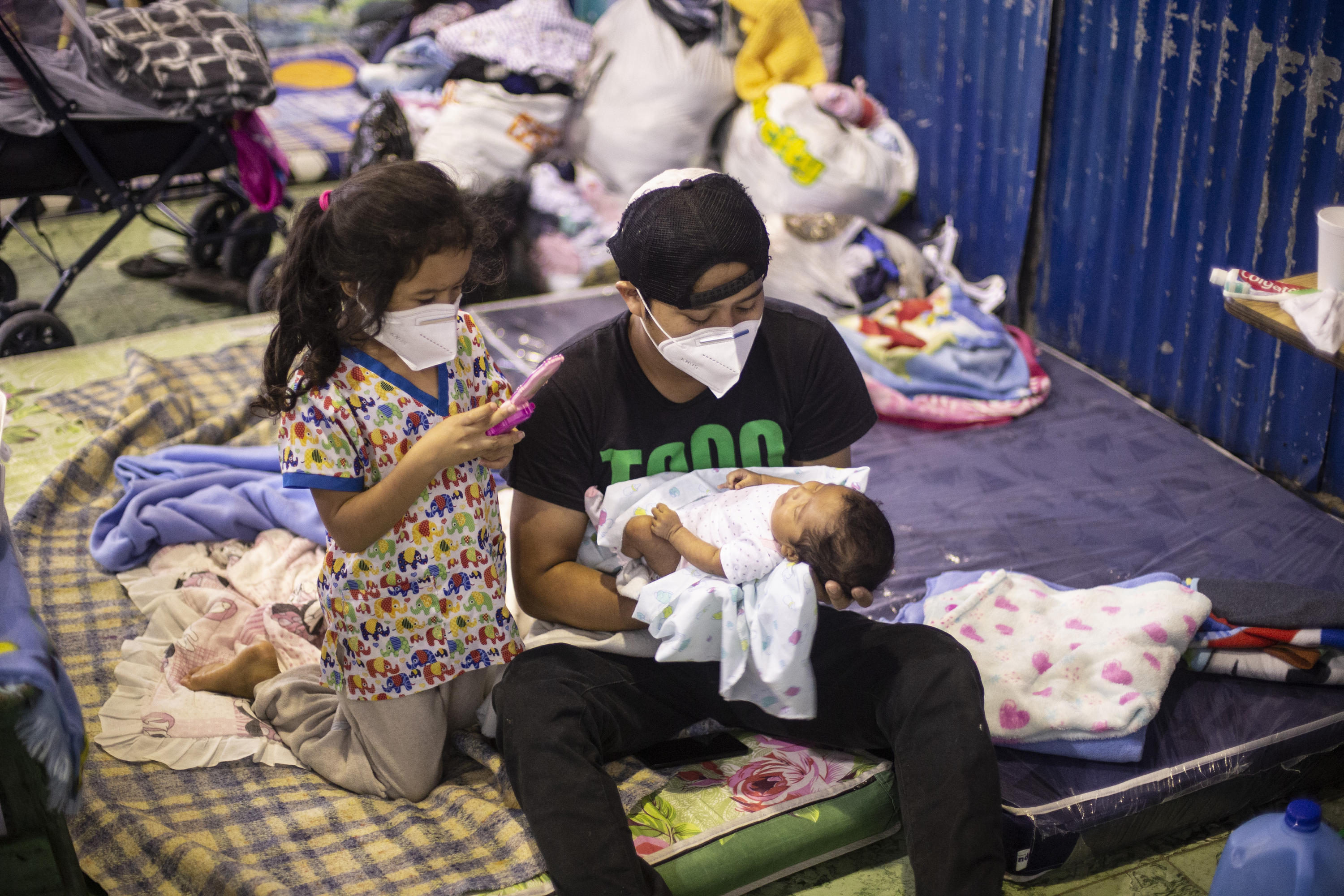Hunger rises as Covid-19 cases surge in Latin America
As coronavirus cases soar, Latin America has become the region most impacted by COVID-19 globally, accounting for over a quarter of the world’s cases. The health pandemic is driving hunger and food insecurity which risks fuelling conflict and political unrest and forcing vulnerable families to migrate.
WFP Executive Director David Beasley, who visited Ecuador and Panama and spoke to other leaders in Latin America last week, said:
“The COVID-19 pandemic has just been devastating in Latin America, where the economic storm clouds were already gathering. Families are struggling to buy basics like food and medicine, as livelihoods are destroyed and the number of people out of work in the region hits 44 million. It’s a deadly combination and we’ve got to act now, and we’ve got to be smart. You can’t just deal with COVID-19 by itself or hunger by itself. They must be dealt with together. If we do it right, we can save lives. If we don’t do it right, people will die.” David Beasley, WFP’s Executive Director
- Latin America and the Caribbean are set to see a 269% rise1 in the number of people facing severe food insecurity bringing the total to 16 million people not knowing where their next meal is coming from in coming months, up from 4.3 million in 2019.
- WFP is particularly concerned about vulnerable people in Haiti, the Central American Dry Corridor as well as Venezuelan migrants in Colombia, Ecuador and Peru.
- The hurricane season - expected to be more active than normal - brings new risks, placing an extra strain on overburdened social protection systems.
- WFP is providing take-home food rations for children no longer able to attend school, and vouchers and cash so people can shop at local stores. WFP is also supporting governments, helping them strengthen and expand national safety net programmes.
- From its regional humanitarian hub in Panama, WFP is supporting the logistics for the COVID-19 response, transporting humanitarian and health cargo to the frontlines of the pandemic.
- WFP urgently needs additional funding of US$328 million to support relief and recovery operations in the region.
1. The regional projection has been calculated for 11 countries where WFP has a presence and for small developing states in the Caribbean. The figure includes 1.9 million Venezuelan migrants in moderate and severe food insecurity in Colombia, Ecuador and Peru.
# # #
The United Nations World Food Programme is the world’s largest humanitarian organization, saving lives in emergencies, building prosperity and supporting a sustainable future for people recovering from conflict, disasters and the impact of climate change.
Follow us on Twitter @wfp_media

